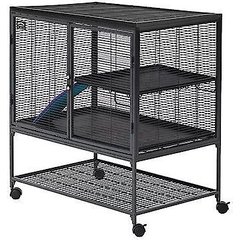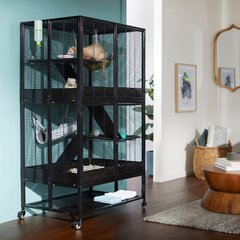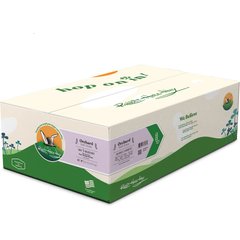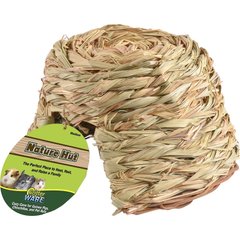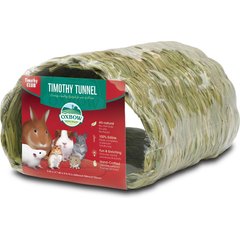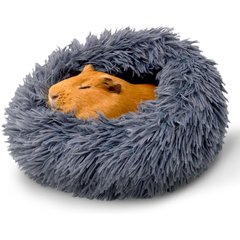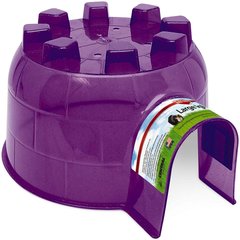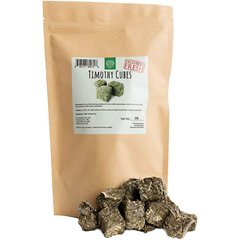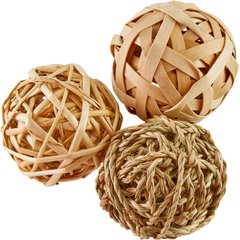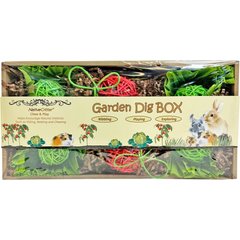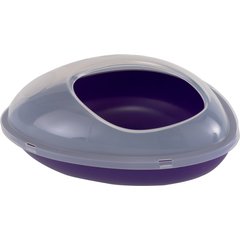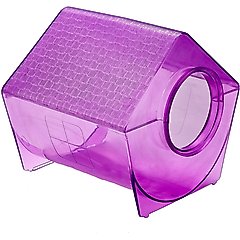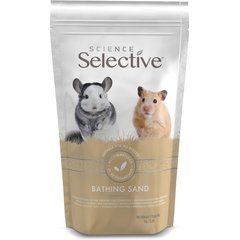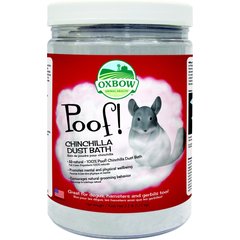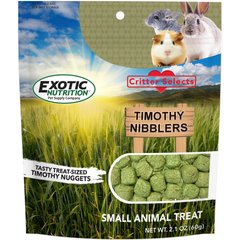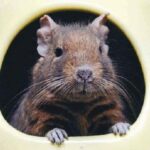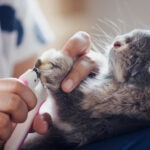Degus as Pets: What to Know Before Bringing a Degu Home
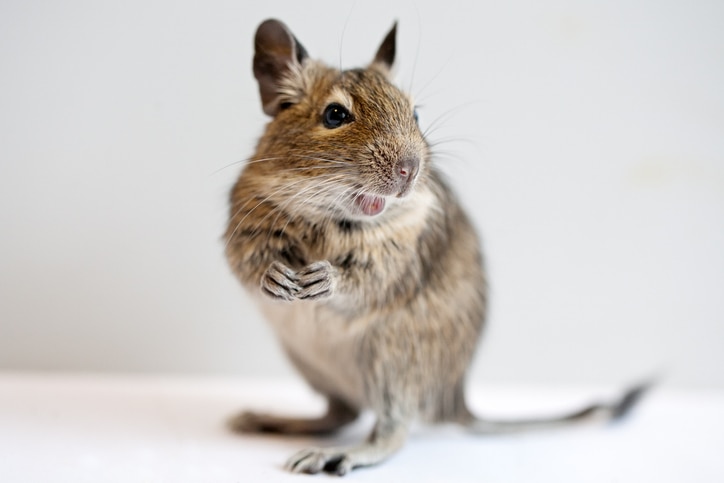
Photo by mouse_sonya/iStock/Getty Images Plus
Degus can make wonderful pets for experienced small-animal pet parents who are ready to meet their unique needs. These intelligent, social rodents—native to Chile—are curious, energetic, and highly interactive, but they also require specialized care, housing, and diet.
Before adopting a degu, learn what makes them unique and how to keep them healthy, happy, and thriving.
Key Takeaways
- Degus are social, intelligent rodents that need specialized housing and diet.
- They must live in pairs or groups for companionship.
- Their teeth never stop growing, so you should provide hay and chew toys.
- Degus clean themselves with dust baths, not water.
- They live a long time (6–10 years) and need an exotic vet for proper care.
Fast Facts: Degus at a Glance
- Scientific name: Octodon degus
- Origin: Chile
- Lifespan: 6–10 years
- Diet: Hay, degu-specific pellets, limited greens
- Social needs: Must live in pairs or small groups
- Bathing: Dust baths only
- Vet type: Exotic animal veterinarian
- Legality: Illegal in some U.S. states (check local laws)
Should You Get a Degu as a Pet? 3 Questions to Ask Yourself
Degus are exotic animals, so it’s important to consider these three questions:
Is It Legal to Have a Degu as a Pet?
Whether it’s legal to own a degu will vary based on location. Some states consider degus a potentially invasive species and do not allow them as pets.
It’s best to visit a reliable source, such as FindLaw or your local/state wildlife agency, to check the exotic animal laws. Be sure you’re allowed to have one before you adopt.
Agencies may confiscate “illegal” animals, and this puts your degu in danger.
Are Degus Good Pets for You and Your Family?
While degus are small, they’re not “easy” pets since they have unique needs and require a lot of complex care.
“Degus do have some complicated care requirements when compared to more common domestic pets,” says Walter Merker, DVM, an exotic animal veterinarian at Orange Grove Animal Hospital in Tucson, Arizona.
Is It Ethical to Keep a Degu as a Pet?
Many exotic animals, like degus, end up without a family when pet parents realize that they needed a lot more care than they expected.
For this reason, some people question whether it’s ethical to keep an exotic pet, so you must understand a degu’s needs before adopting.
It’s also more ethical to adopt a degu than buying one, as you’ll be giving a home to an animal already in need.
12 Things to Know Before Bringing Home a Degu
Degus are intelligent, social, and cute. However, they aren’t as straightforward as dogs and cats, and they have their own care needs.
Here’s what to know before bringing them home.
Degus’ Social Needs
Surprise! You’ll need more than one.
Degus kept as pets like to have other degu friends, says Susan Horton, DVM, Dipl. ACEPM, veterinarian and owner of Chicago Exotics Animal Hospital in Skokie, Illinois.
Degus are social in the wild, where groups of three to five are common. You should have at least two.
It’s best to keep same-sex pairs to avoid contributing to overpopulation.
Creating the Right Degu Habitat
Degus are highly active and playful and require ample space, Dr. Merker says.
Some essentials include:
- A well-ventilated enclosure measuring 2’ x 3’ x 4’ minimum
- Accessories that provide numerous climbing and play opportunities
- A nest box for sleeping
- A dust bath bowl or container
Recommended Products
Degus will chew through plastic, so only buy accessories made of metal or wood.
They Need an Exotics Vet
Degus are rodents who need a specialized vet who has experience with exotic animal care. While you can take a cat or dog to just about any veterinarian, this isn’t the case for degus.
The Association of Exotic Mammal Veterinarians (AEMV) has a search tool to help find an exotics vet near you.
Degu Diet and Nutrition
Degus have specialized nutritional requirements and should be fed a diet primarily of timothy or orchard hay supplemented with degu-specific pellets.
Recommended Products
Avoid feeding them fruits and other sugary foods, because they’re prone to developing diabetes.
Ask your vet for guidance on the best diet for your degu.
Degu Lifespan and Long-Term Care
The average degu lifespan is 6 to 8 years, but they can live 10 years or longer, Dr. Merker says. Take this time commitment into account, especially if one of your degus’ caregivers is a teenager who might soon go off to college.
(Experts generally do not recommend degus as pets for young children, and even with older children, a responsible adult must be the primary caregiver.)
Why Degus Need Hiding Spots
As prey animals, degus feel more secure and comfortable if they have a place to hide away.
All-natural hideouts and tunnels, such as the Ware nature hut and Oxbow timothy tunnel, can help your degu feel more at ease and give them something to chew on.
Recommended Products
Offer a variety of places to hide and switch them out every so often to keep their space enriching.
Recommended Products
Their Teeth Are Always Growing
Degus have incisors that continually grow; they need high-quality timothy or orchard hay, as well as hay cubes, to help wear down their teeth, Dr. Horton says.
Recommended Products
Hay- and wood-based chew toys are both fun and beneficial for pet degus to gnaw on.
Recommended Products
Degus Grooming and Dust Baths
Rather than bathing with water, degus groom themselves using dust or sand to stay clean. “They work the material through their fur to absorb and work dirt and oils out,” Dr. Horton says.
Offer your degu a dry bath container, such as the Lixit dry bath, and dust bath-specific sand or dust, like the Science Selective bathing sand or Oxbow chinchilla dust bath, three times a week for about a half-hour each time.
Recommended Products
To maintain cleanliness, remove the dust bath when your degu isn’t using it to prevent it getting dirty from poop droppings or food.
Degu Digestive Habits
Like guinea pigs and rabbits, degus produce two types of droppings: fecal pellets and cecotropes.
Fecal pellets are regular poops, while cecotropes—also known as “soft droppings” and “night feces”—are soft, sticky clusters packed with nutrients like protein and vitamins that your degu benefits from eating.
As strange as it might seem, it’s normal and healthy for degus to snack on cecotropes.
Building Trust With Your Degu
When caring for degus as pets, it’s important to be gentle and patient when bonding. Don’t expect them to trust you right away.
Because they’re prey animals, they’re on constant alert for danger.
“They are fairly anxious creatures,” Dr. Horton says. “I have observed some good bonds [with pet parents]; patience and time spent with your degu will help them relax around you.”
Always remain calm and avoid startling them with any loud noises or movements. Quietly sitting with them can be a good start, and slowly offering treats helps to build trust too.
Recommended Products
Pet-Proofing Your Home for Degus
Free roaming isn’t advised, since degus can get themselves into dangerous situations, like chewing on wires or other things they shouldn’t, Dr. Horton says.
Your degu should always be supervised for their safety, and any space that they explore outside of their habitat should be completely pet-proofed.
Degus need to feel—and be—safe and secure in their environments. To accomplish this, Dr. Horton recommends:
- Providing a large enclosure with plenty of cushioning, like fleece liners
- Avoiding wide spacing in ladders, ramps, and wheels (buy solid wheels only)
- Giving them lots of places to hide
Degu Tail Safety
This might come as a shock, but degus have a special defense mechanism where their tail can simply fall off if you pick them up by the tail.
However, unlike some lizards who do the same thing, a degu tail will not grow back. For this reason, never pick up your degu by the tail.
If you’re set on getting degus and can care for more than one, it’s best to seek out adoptable degus looking for their forever homes. This way you’re helping animals in need—and not contributing to any overpopulation problems.
With love and attention, rescued degus can be excellent companions, Dr. Merker says. And you’ll have done a great thing, too—by giving a rescue animal a forever home.
FAQs About Degus as Pets
How do you pronounce degu?
Degu is pronounced “day-goo.”
Do degus bond with people?
Yes, degus bond with people. However, they need time to build trust with them. While they’re usually not big fans of being held, they may allow petting and take food from your hands once they trust you.
Are degus legal everywhere?
No, degus are not legal everywhere. It’s illegal to keep degus as pets in some states because they’re considered a potential invasive species in these areas. Before adopting a degu, check to see whether it’s legal where you live, not only in your state but in your own town or city.
Do degus smell?
No, degus themselves generally don’t smell. If you’re smelling anything unpleasant in their enclosure, it might be their pee. Cleaning their enclosure regularly can help with any odor, but if it persists, talk to their vet.
Can degus live alone?
No, you should have at least two same-sex degus living together. In the wild, they usually live in pairs of three to five.
Are degus nocturnal?
No, degus are not nocturnal. They’re most active during the day.

